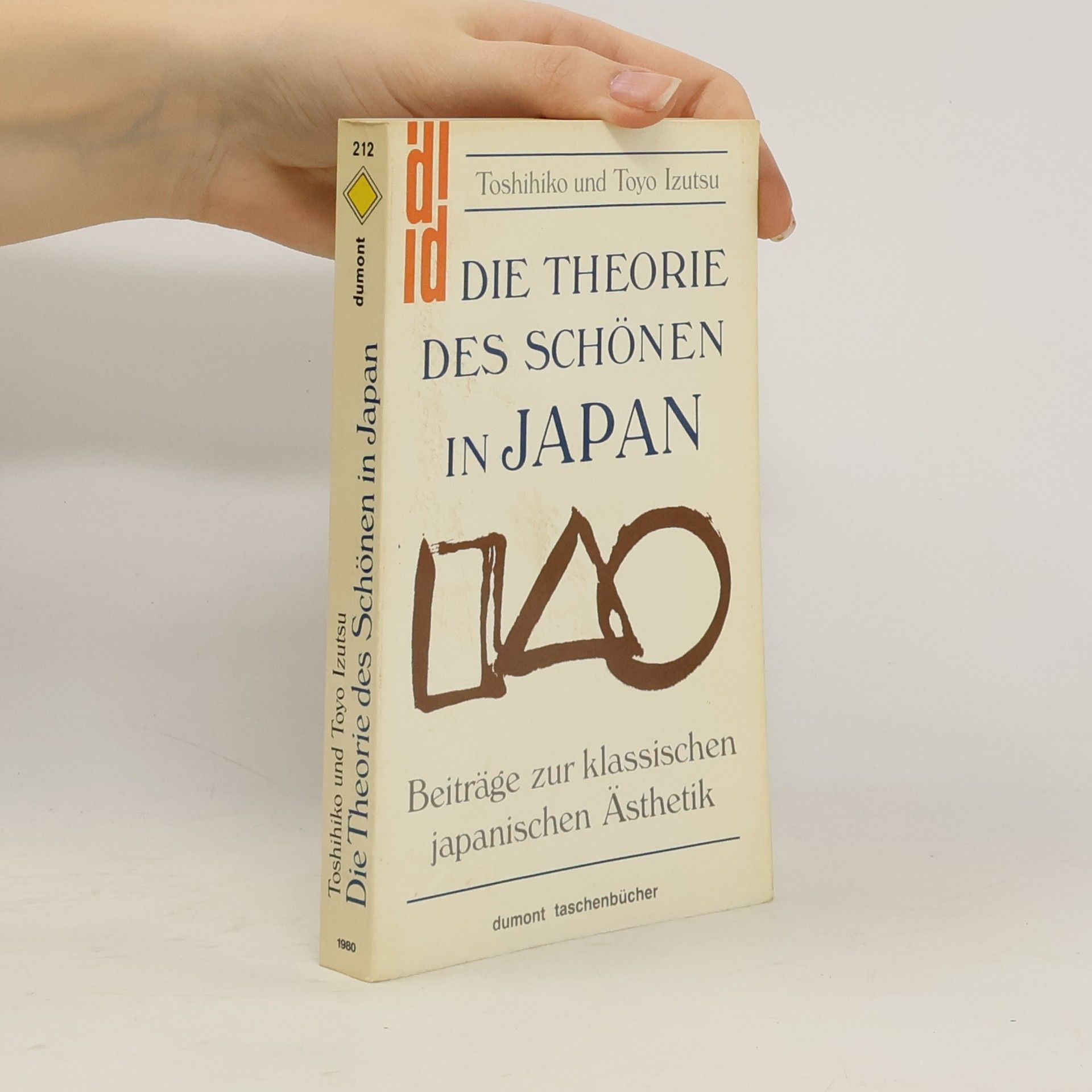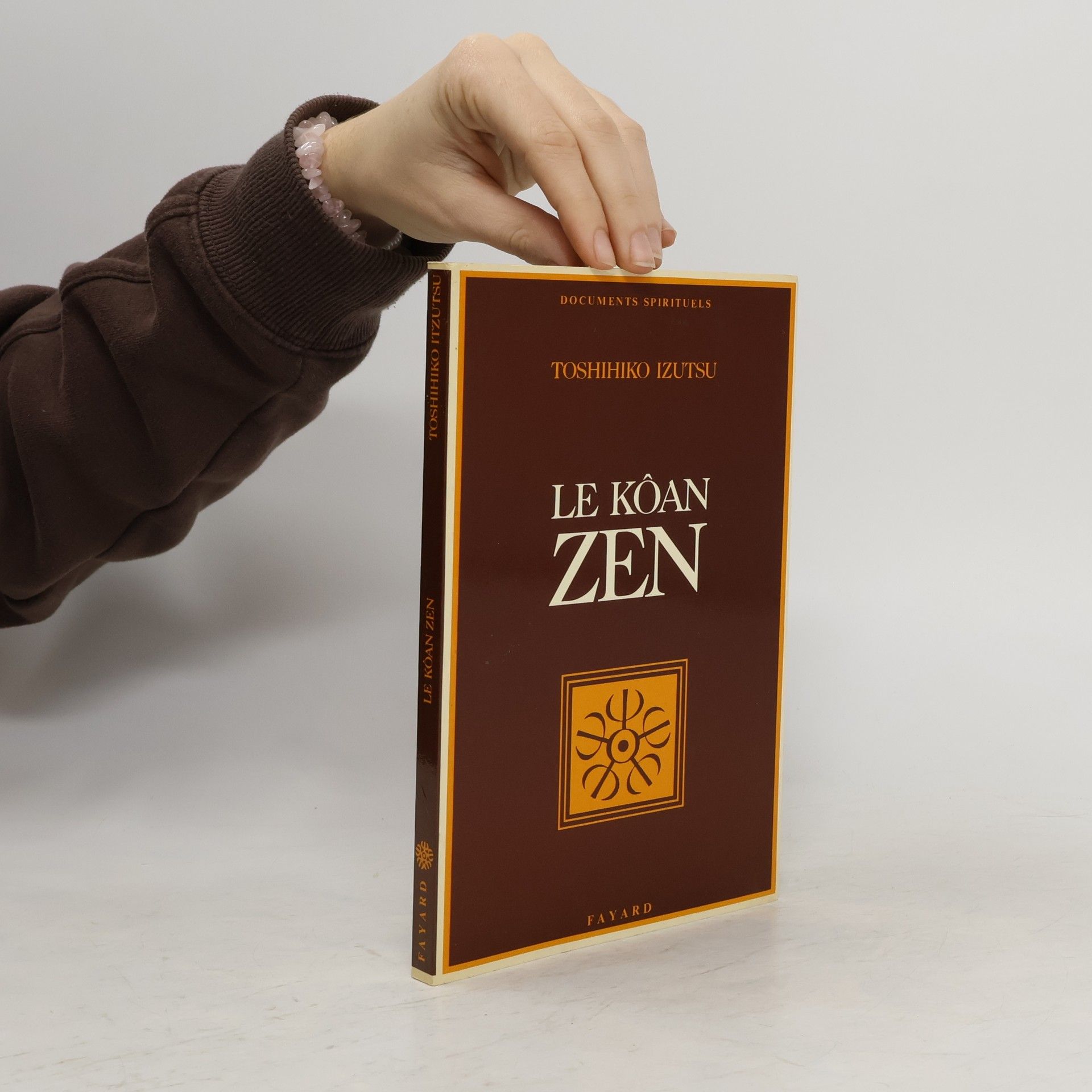Der Zen-Buddhismus, begründet im 6. Jahrhundert in China, ist eine religiöse Meditationslehre, die sich gegen jegliches rationalistisches Denken wendet ..
Toshihiko Izutsu Libri
4 maggio 1914 – 7 gennaio 1993
Toshihiko Izutsu è stato un professore universitario e autore di molti libri sull'Islam e altre religioni. Il suo lavoro approfondisce questioni teologiche e filosofiche attraverso diverse tradizioni spirituali. Izutsu esplorò e confrontò il pensiero religioso, enfatizzando le sue dimensioni culturali e linguistiche. Le sue affiliazioni accademiche a Tokyo, Teheran e Montreal sottolineano l'ampia portata internazionale della sua erudizione.



Le kôan zen
- 164pagine
- 6 ore di lettura
Die Theorie des Schönen in Japan
- 218pagine
- 8 ore di lettura